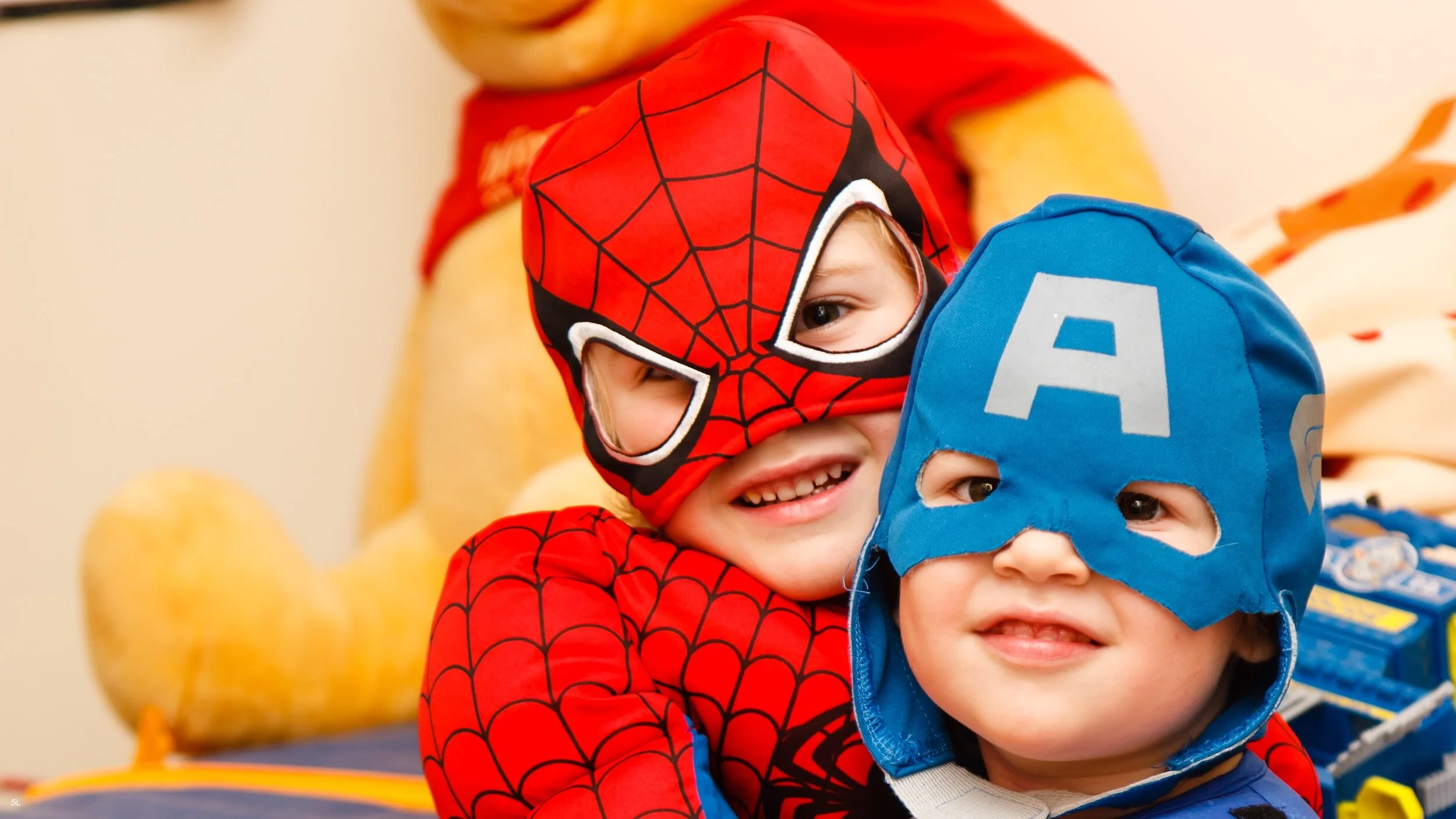What is Play Therapy?
Imagine going to a therapist who doesn’t speak the same language as you, and trying to explain your struggles to them.
It would be pretty frustrating. But this is often what talk therapy is like for children, especially for those children whose communication skills are not yet highly developed. On the other hand, play is a child’s natural language.
In Play Therapy, instead of relying on conversation (which can be difficult for children of all ages), we use games, toys, and art to process their behavior and emotions. We do this in guided therapy sessions that allow them to explore themselves and their experiences, when words and conversations fail them.
Play Therapy can help your child to:
Take responsibility for their actions
Change their behavior to have better outcomes
Develop respect and empathy
Increase their self-esteem
Control strong emotions, such as anger or anxiety
Adjust to life changes, such as moves, divorce or loss
Find resolution to traumatic events
Learn positive social skills
Increase healthy coping mechanisms
Play Therapy can help with:
Depression
Anxiety
Attachment Issues
Behavioral Issues
Coping with divorce
ADHD
Control issues or OCD
Dealing with difficult situations
Play Therapy can help children use mindfulness and breathing techniques that allow their bodies to calm down. They can play out their fears and gain mastery over their emotions. Children can share their feelings through art, play, and other expressive counseling techniques — and become secure, happy, and empowered! Children generally enjoy their counseling sessions because Play Therapy tailors to their strengths and likes.
Contact us to learn more about child counseling.

